
Today is the last day of National Carers Week, which is a campaign dedicated to recognising the 6.5 million carers living in the UK. This annual event raises awareness for some of the issues carers face on a daily basis; in particular, those who are not paid to take on this role. The campaign is brought to life by thousands of individuals and organisations coming together to organise activities and events across the UK. However, unlike this campaign, a carer's responsibility doesn’t stop until the next event; so I believe it is important to raise awareness all year round!
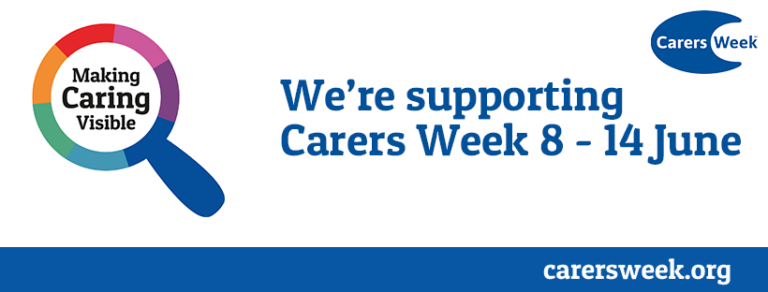
As someone who depends on full-time care, I really think more could be done to support carers whilst they dedicate their lives to looking after those they love. For these people, their own happiness and well-being are determined by the happiness and safety of those they care for. Obviously, everyone’s circumstances are different, meaning the amount of care they need to provide their loved one with can differ. But either way, I don’t think taking on this responsibility should lead to the poverty and hardship it does for so many people.
At present, Carer’s Allowance in the UK ensures that carers completing more than 35 hours of work a week (these hours can be at any time in a 7 day period, day or night), get paid £67.25 a week. You don't have to be related to, or live with, the person you care for to get this allowance. You can also apply for it whether you are in or out of work, however, you must not earn more than £123 a week. If you are wondering what tasks the government allow you to include in your 35 hours of work, here are some examples:
● time spent physically helping a person with tasks such as washing and dressing, administering medication or transferring.
● time spent ‘keeping an eye’ on a person; for example, preventing them coming to harm by walking out of the house or watching vital machine readings.
● time spent doing practical tasks for them, such as cooking or cleaning.
● time spent doing practical tasks that aren’t in the presence of the person you are looking after; for example, if you look after someone who visits you regularly for the care/respite they need, time spent preparing for the visit or cleaning up afterwards should count).
To learn more about Carers Allowance in the UK, including the terms and conditions, FAQ’s and information for carers living in Scotland - CLICK HERE!
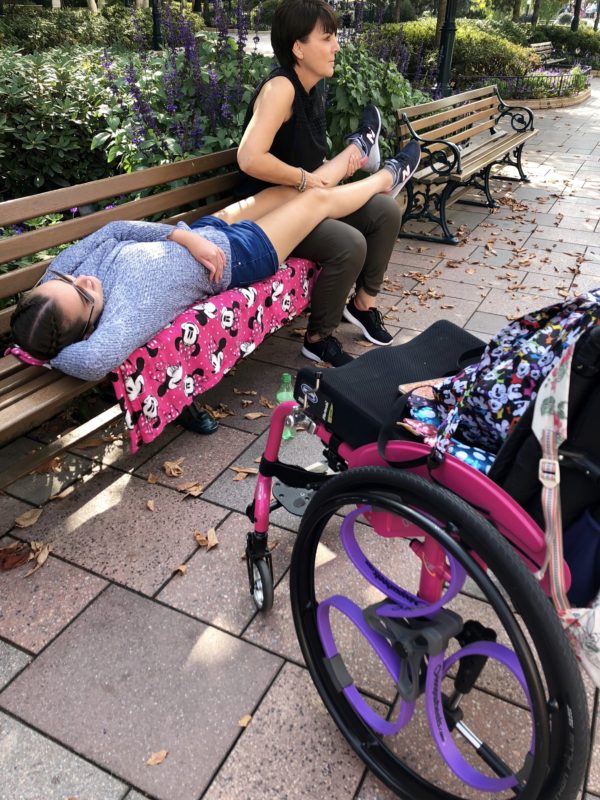
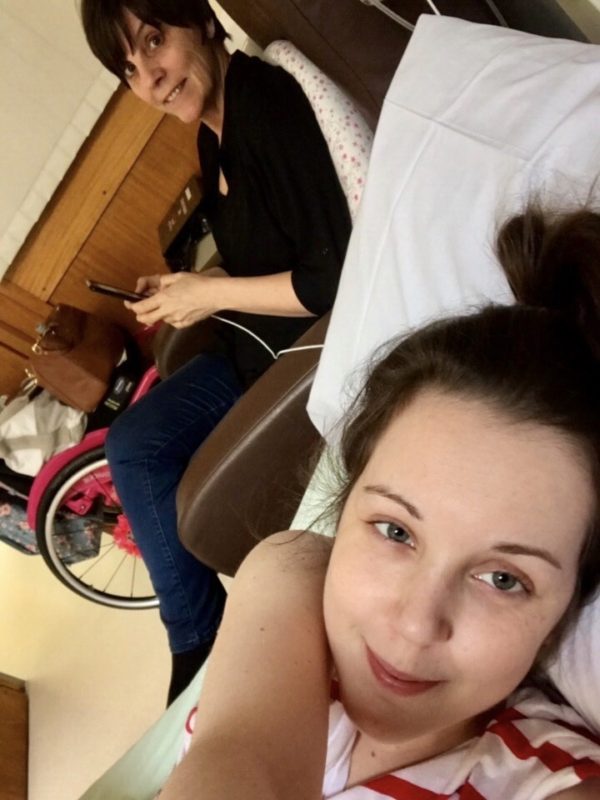
Now for those carers who do depend on this allowance to live, it means struggling with bills and counting the pennies! It’s a full-time job where you don’t have paid holidays, time off or flexible working hours. If you want to try and hold down another job, every morning you have to think about looking after someone else before you can get out of the door. Then you have to worry about the call that often comes asking you to come home, because of one emergency or another. Although employers typically don’t put up with this for long, so it is often very difficult to balance your caring responsibilities alongside employment. This is something my partner Felix learnt very quickly, after leaving university and going into a full-time job. Thankfully he shares the caring responsibilities with my mum, so there is always someone else on hand to help. But it not easy at times, especially on my bad days as I need round the clock care and that doesn’t always fit in with the real working world!
This was one of the main reasons for creating Access Your Life, as it means Felix can fit his working hours around my needs. Allowing us all to create a better quality of life, along with an improved work/life balance. On the days where my needs require two lots of helping hands, I no longer have to worry about disrupting Felix at work; he simply pops out of our spare bedroom/office to help me, then goes back once I’m settled/safe!
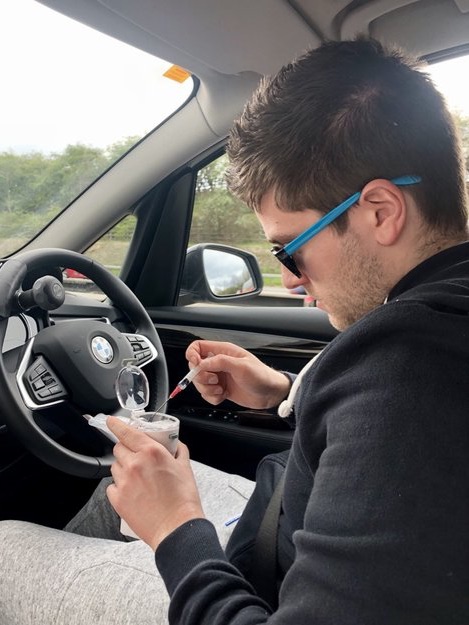
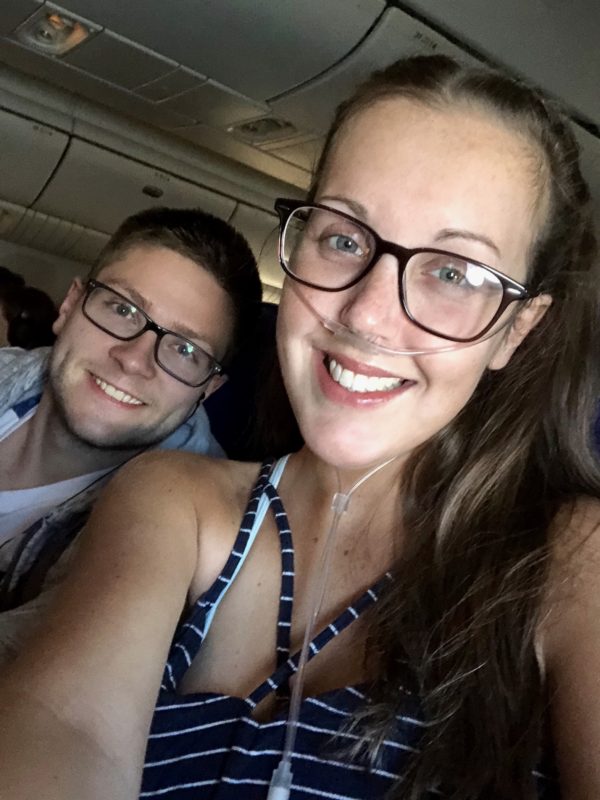
Many take on the role of a carer from the birth of their loved one, but for some of us, it requires a period of adjustment whilst you adapt to your new lifestyle. Something that can be both mentally and physically difficult for all involved to accept. Before my illness struck, I was fiercely independent and my mum had a full-time job in a preschool. But now our lives have become a rota of hospital visits, paperwork, medication and treatment timetables, therapy appointments and unpredictable emergencies. Suddenly our priorities in life have completely changed, leaving both of us feeling angry, bitter and lonely at times. Friends distance themselves, plans get cancelled and we can spend long periods of time secluded from the outside world when living in the hospital. However, it does get easier and just as you would in any ‘normal’ job, you learn through experience. Thankfully since bringing my assistance dog home, I now don’t have to rely on my carers for certain tasks such as fetching me a drink, retrieving my medications, getting the phone, pulling me up or helping me undress. I honestly don’t know how we all coped for so long without Fliss!
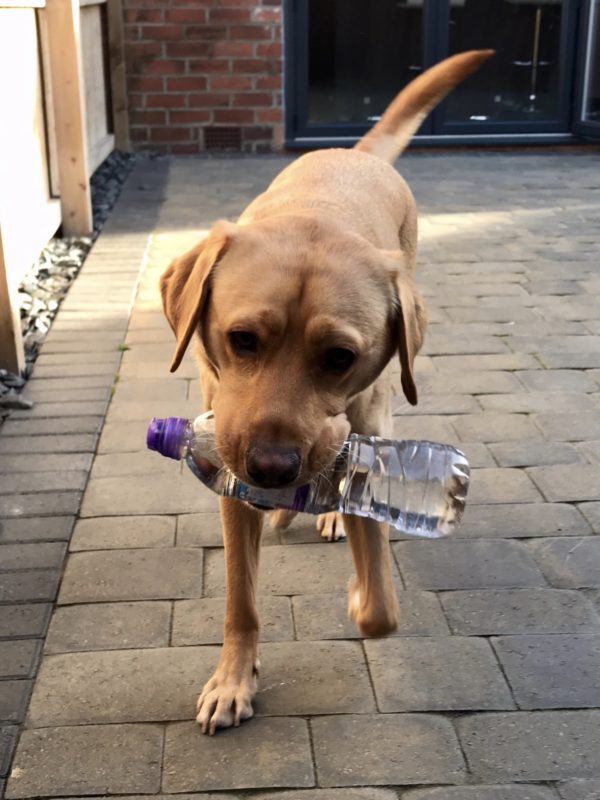


It is estimated that unpaid carers save the economy billions of pounds every year, and around 6,000 people take on some form of caring responsibilities every day. However, these statistics exclude people all over the country that are silently taking on the role of a carer. So from one set of carers to another, the Access Your Life team is not only here to support people living with a disability, but their carers too.

Hi, I'm Lauren and I have been living with a collection of disabilities for the past 8 years. I initially had a passion for teaching children with special needs, but my health prevented me from pursuring my dream career. Despite this, I now love nothing more than sharing my experiences to help other people living with disabilities.
Hi, I’m Lori and was diagnosed with Ehlers Danlos Syndrome and a family of co-morbid conditions which has made life highly complex. However I constantly aim to make life as ‘normal’ and fulfilling as possible - and through this, I discovered the benefits of writing about my journey.
 GET IN TOUCH
GET IN TOUCH


